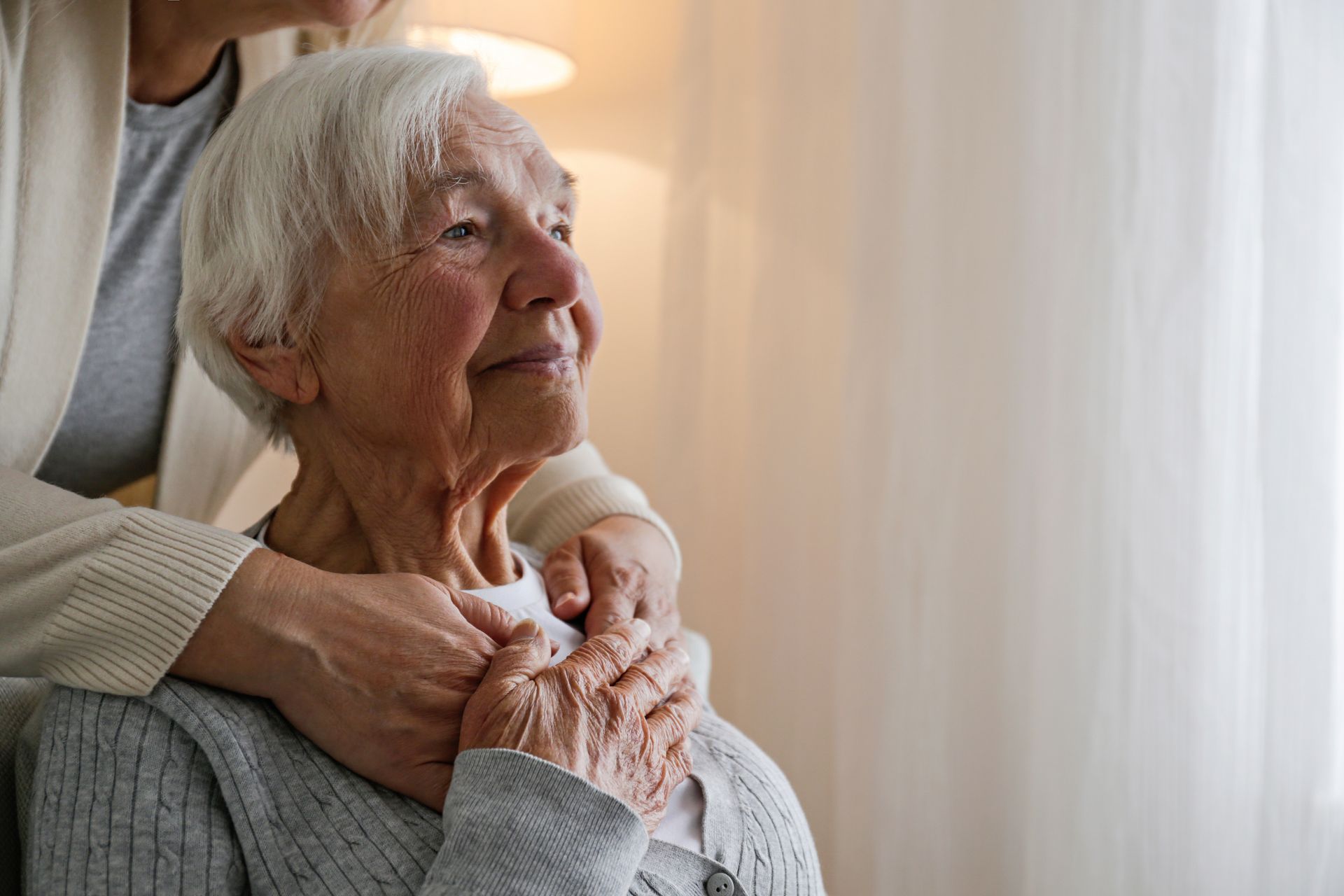
Practical Tips to Make Life Better for Someone With Dementia
Caring for someone with dementia is a journey filled with challenges, uncertainties, and profound moments of love and connection. As the disease progresses, it can quickly become overwhelming for both the individual with dementia and you as their family caregiver. It’s important to surround yourself with support and arm yourself with the education and resources you need to make each day the best it can be – for the person you love and for yourself, too.
Understanding Dementia
Dementia is not a singular disease but a general term for a decline in cognitive abilities severe enough to interfere with daily life. Alzheimer's disease is the most common form of dementia, accounting for approximately 60-80% of dementia diagnoses. Other types include vascular dementia, Lewy body dementia, and frontotemporal dementia. Regardless of the specific diagnosis, dementia gradually impairs memory, thinking, behavior, and the ability to perform everyday tasks.
Tips for Dementia Caregivers
Caregiving for someone with dementia requires patience, empathy, and a willingness to adapt to the changing needs of the person you love. Here are some practical tips to help you navigate this journey:
- Learn as Much as You Can: Understanding the progression of dementia and learning effective communication techniques can greatly improve your caregiving experience. Organizations like the Alzheimer's Association offer valuable resources and support for caregivers.
- Establish a Routine: Consistency and structure can provide a sense of security for someone with dementia. Establishing a daily routine for meals, medication, and activities can help reduce anxiety and confusion.
- Create a Safe Environment: Remove potential hazards from the home, such as loose rugs or sharp objects. Install grab bars in the bathroom and consider using locks or alarms on doors and windows to prevent wandering.
- Stay Connected: Social interaction is essential for the person’s emotional well-being and your own as a family caregiver. Encourage visits from friends and family members, and consider joining a support group for caregivers to connect with others who understand your experiences.
- Take Care of Yourself: Caregiving can be physically and emotionally demanding, so prioritizing self-care is crucial. Make time for activities you enjoy, and don't hesitate to ask for help when needed. Remember, you cannot pour from an empty cup.
How Home Care Can Help
Our home care services provide personalized support tailored to the unique needs of the person you love from our extensively trained Joy Ambassadors. We work hard to instill joy into each day while assisting with whatever is needed to promote independence, safety, and comfort. This might mean help with personal care, meals, light housekeeping, and companionship and easing the difficulties associated with the disease.
Live-In Care as Dementia Progresses
As dementia progresses, the level of care will typically increase as well, making live-in care a beneficial option for many families. Live-in caregivers provide around-the-clock supervision and support, ensuring the safety and well-being of a loved one at all times.
This level of care allows family caregivers to have peace of mind, knowing that the person they love is receiving the attention and assistance they need from someone who resides in the home day and night.
Contact Traditions Home Health Services at 617-376-3711 for more dementia care tips and resources and to learn how a skilled dementia caregiver can make life better for someone with dementia. We’re available to help in Boston, North Shore, South Shore, and throughout Eastern Massachusetts, and our live-in care services are also available throughout New Hampshire, Vermont, Maine, and Massachusetts.



